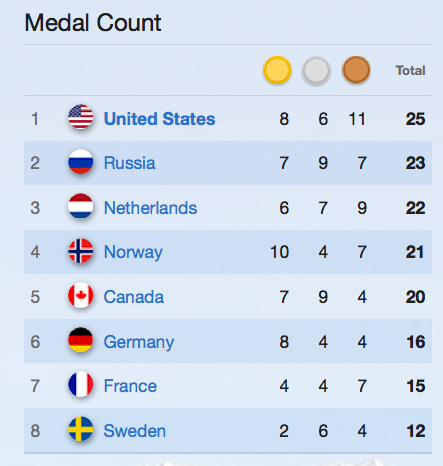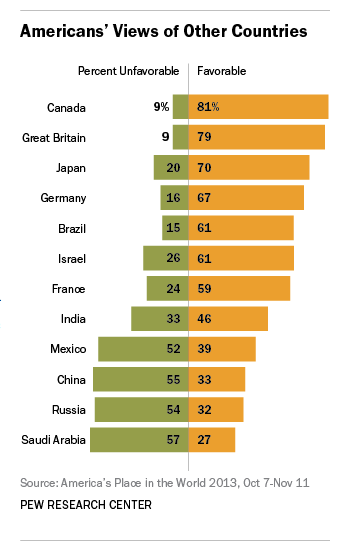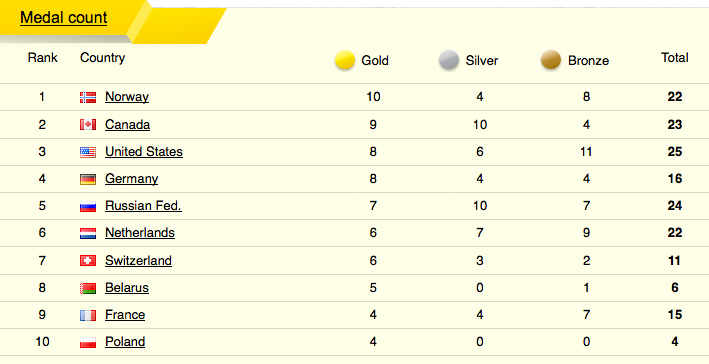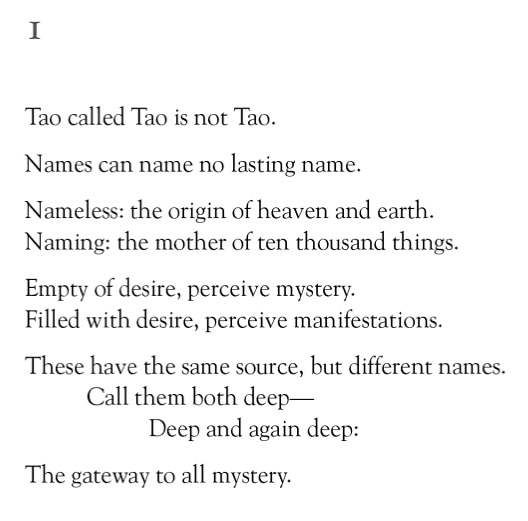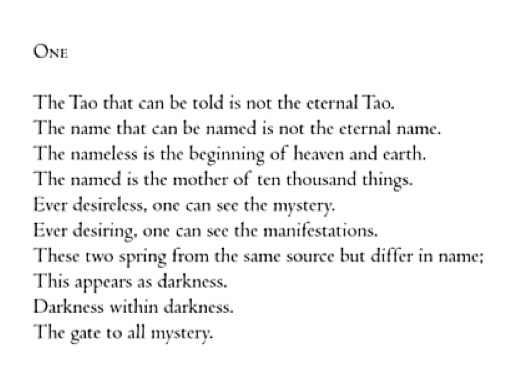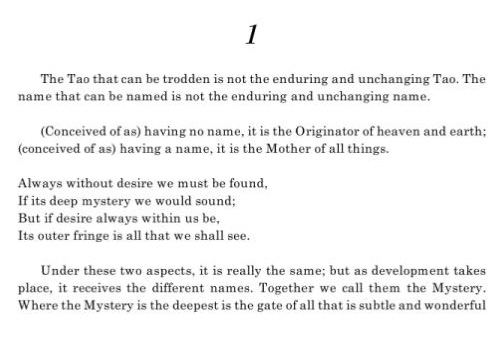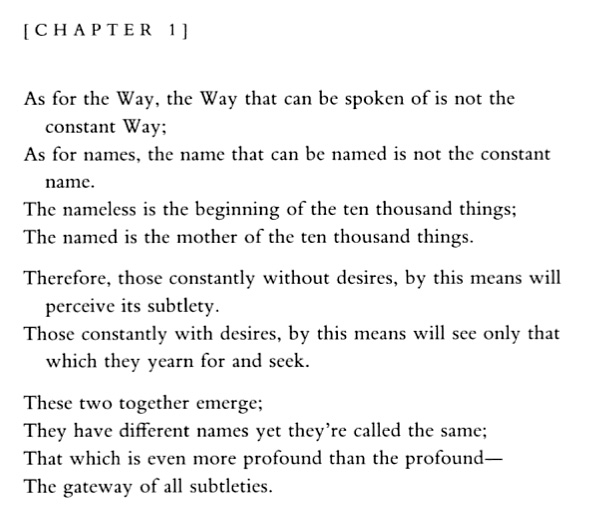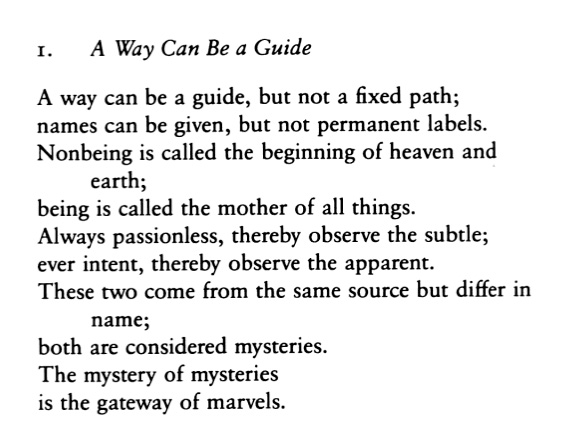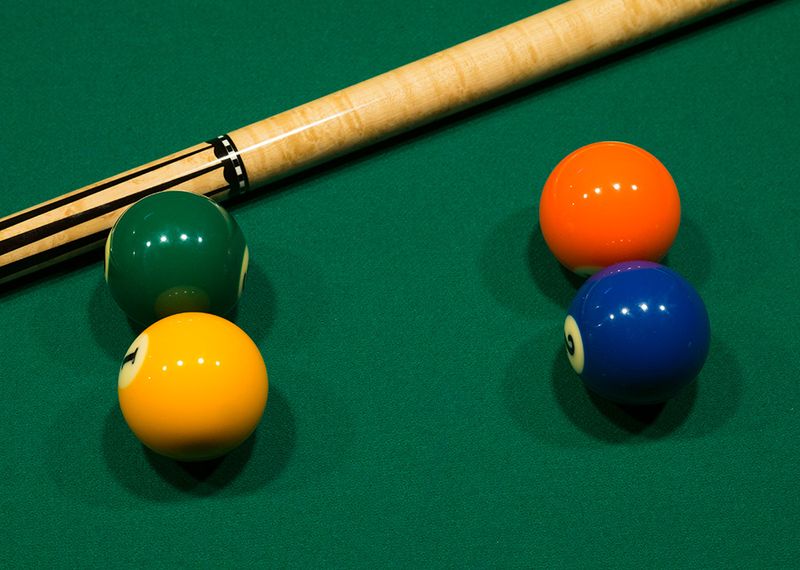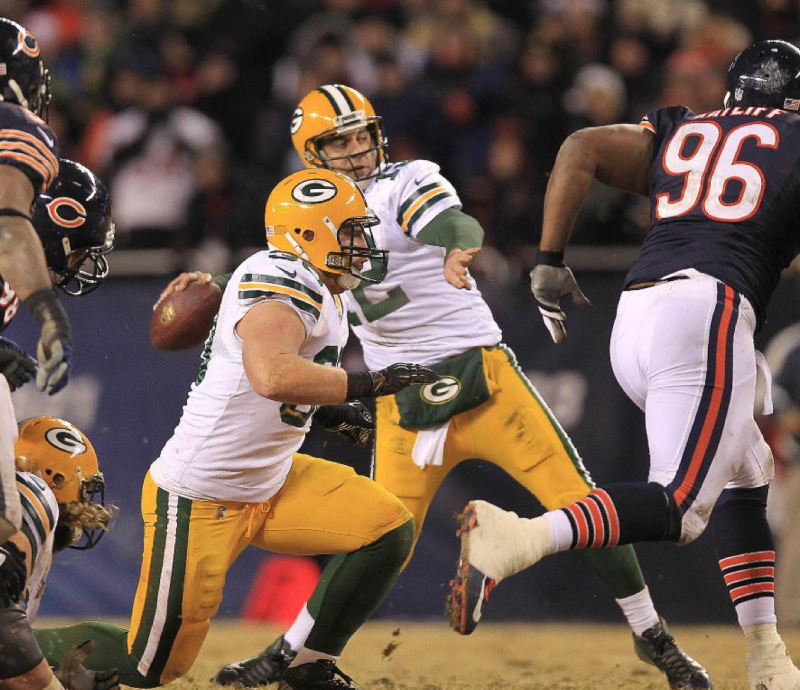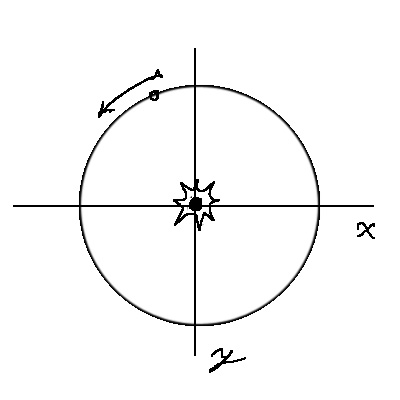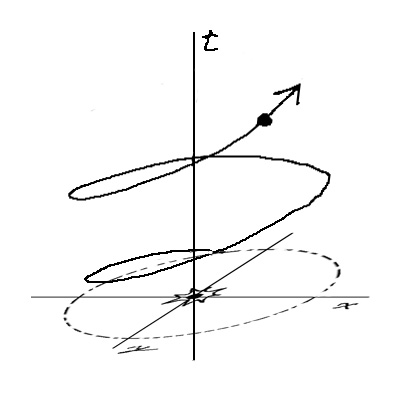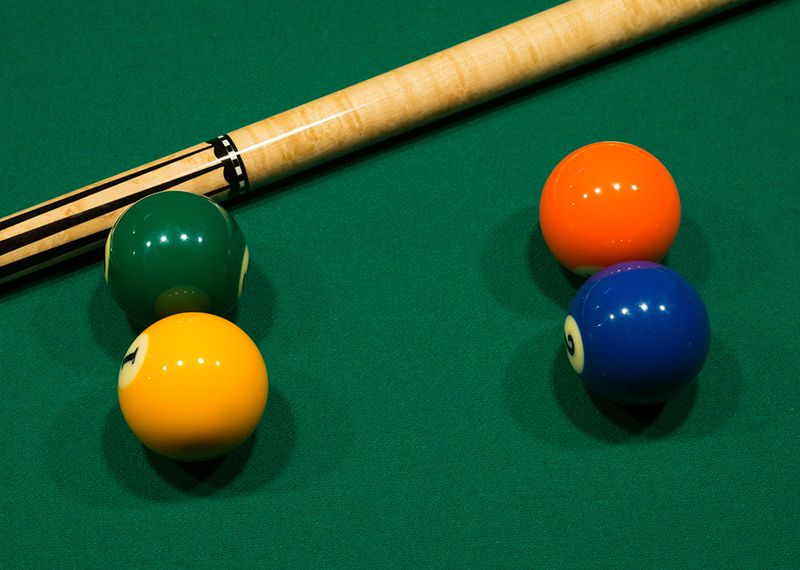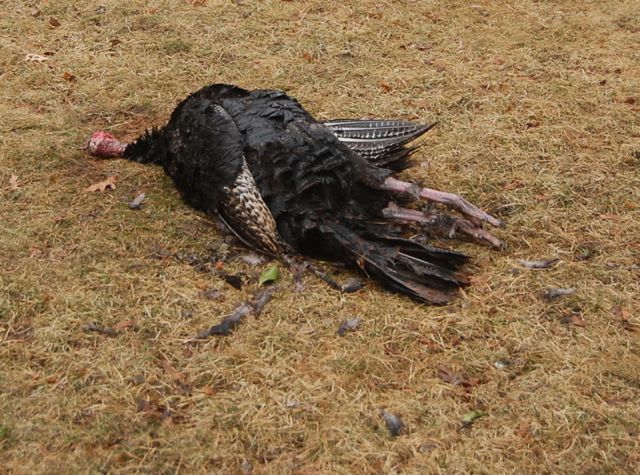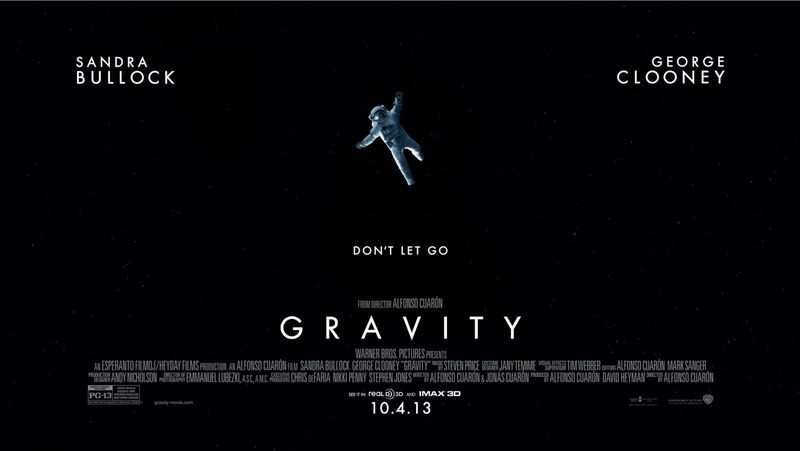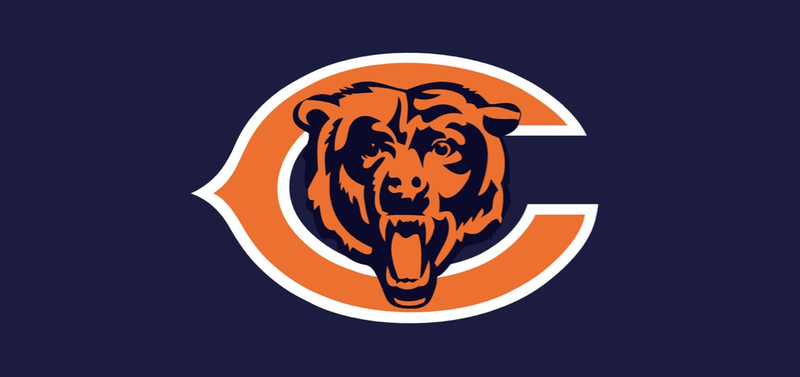"Open Mike" consists of Yr. Hmbl. Blggr. going off-topic in a concerted way. It shows up here on some Sundays.
-
I'll try to make this short. A lot has changed since my last post on this subject.
I've reached the half-way point in my weight-loss diet. I committed to stay on the diet for 70 weeks, with a target weight loss of one pound a week, because when I started I was 70 pounds overweight (according to conventional BMI calculators, which can easily be found online).
My requirements are a bit demanding. These are my limitations:
- I'm quite lazy (about many things, definitely including food);
- I can't cook, and I'm unlikely to learn—I just don't like it, and have no talent for it; and
- I'm not gonna suffer. I tried "torture diets" and calorie-restriction diets, and they're not for me. Anything that requires the consistent application of extraordinary willpower just ain't gonna cut it for a lackadaisical undisciplined lazy dude who hates to cook.
Here's where I stand:
Week: 35
Weight loss: 35 lbs.
So I'm doing okay. So far.
Note that this level of exactitude is not the result of luck or wisdom, but adjustment: when my weight loss has been more than one pound a week, I took steps to slow it down; and when it was less than one pound a week, to speed it up.
My diet, which I call by the awkward name of "The Gruel-and-Grass Diet" (I was never good at naming things), is very simple. Here it is:
- Restrict yourself to three meals a day.
- One meal (breakfast) is 1/2 cup of oatmeal, with a few additives to make it more pleasant, and nuts.
- The second meal should be 1/2 cup of converted rice, perhaps with a few additives to make it more pleasant.
- The third meal should be a sensible prepared meal of your choice. That one meal is where you can introduce variety to your daily fare, and also where you can indulge whichever theory of healthy eating you happen to believe in.
- Strictly avoid salt, sugar, fat, and any processed food products designed to induce and encourage cravings.
- Weigh in once per week at the same time of the same day, and keep adjusting your habits so you average 1 lbs. of weight loss per week. I use one of these, because I got frustrated with my obviously imprecise bathroom scale. Too much weight loss is as bad as too little.
That's pretty much it. It's not a "lifetime eating plan." It's meant to be a temporary weight-loss diet for normal people who find they are obese and need to lose a great whackin' pile o' poundage. (Losing 70 pounds is not trivial.)
I'm perfectly happy with my breakfast. I eat my half cup of oatmeal with some cinnamon and one level teaspoon of sugar, usually with a small amount of fruit added (raspberries, strawberries, bananas, blueberries, or kiwi). I also eat one-third of a cup of mixed nuts. I mix at least five types of nuts, including pistachios, almonds, cashews, pecans, Brazil nuts, and filberts. Nuts are very good for you, but they're also highly caloric, as I discovered one week when I snacked on them liberally.
With anything you're prone to overeat, such as nuts in my case, it's good to measure it.
I'm not entirely happy with my other two meals. Still tinkering. Mostly, I find it difficult to plan ahead and then cook. To my rice in the evenings, I will sometimes add a cup of cooked wild rice, and I'll use different sauces and marinades to vary the flavor; however it's not easy to find sauces that aren't loaded with sodium and sugar. Sometimes I add half a can of red beans and a dollop of barbecue sauce, which is tasty. Often I have my rice and a large bunch of salad greens, which seems to do the trick. As with the nuts, I mix many different kinds of lettuces and greens, including spinach greens.
Symptoms
I find, somewhat to my surprise, that I really like eating this way. It makes life easier, and I'm mostly very comfortable—I'm only mildly "peckish" for a few hours in the evenings (which is when I used to overindulge). And I miss sweets, which are very similar to a drug for me.
And, as you will hear from lots of people who've lost a significant amount of weight while getting adequate nutrition, I feel so much better it's amazing. I can really hardly believe it.
Of course I still have a long way to go.
I began the journey that resulted in this diet a little over three years ago, in response to a suggestion from my brother, Dr. Scott Johnston, a Ph.D. psychologist. Since then I've surveyed a cross-section of the popular literature (I've read approximately 55 books on dieting and nutrition). My conclusion is that the science of nutrition is currently in a primitive state, about like medicine before William Harvey or epidemiology before John Snow. We lack fundamental clarity. Accordingly, devotees of various belief systems are full of a passionate intensity (exactly as theorists of disease transmission were before germs were discovered), even though the beliefs to which they adhere are widely divergent.
That third meal
It's impossible to dictate to others which belief system they ought to choose. So, for that third meal, you'd follow your own course.
Personally, after reading The China Study at the suggestion of a few readers here on TOP and watching the companion film "Forks Over Knives," available on Netflix, I've adopted for my third meal what a TOP reader named Grant Sellek (he comments as "Arg") named "V+1." Except I'd call it "V+x," where V = vegan and "x" is the number of pounds of animal protein you'll allow yourself to consume per week.
Note that you can be a vegan and eat very unhealthily (what are called "junk food vegans"—after all, caramel popcorn is vegan!), so it's probably better to refer to it as a "whole food, plant based" diet like T. Colin Campbell does.
For me, x = about 1 cup of whole milk a day (split between two large mugs of coffee, the second of which I seldom finish) and maybe a third of a pound of raw and cooked fish and seafood a week (I go out for sushi).
My suggestion is that for your third meal, you should cook for yourself (i.e., don't rely on restaurants) using ingredients (i.e., whole food), and observe reasonably judicious portion control.
Cravings
The principal failing of the current Western industrial diet is cravings, and you're not necessarily to blame. Three years ago, I was deeply curious about the obesity epidemic; I'm not any more. Michael Moss's recent book Salt Sugar Fat: How the Food Giants Hooked Us (a must read) answers that mystery convincingly. Faux-food producers work very hard, with teams of marketers and scientists and virtually unlimited resources, to induce you to overindulge in unwholesome, unhealthy, heavily adulterated foods. You do this "voluntarily," but it's a designed program and they're very, very good at manipulating you.
(a must read) answers that mystery convincingly. Faux-food producers work very hard, with teams of marketers and scientists and virtually unlimited resources, to induce you to overindulge in unwholesome, unhealthy, heavily adulterated foods. You do this "voluntarily," but it's a designed program and they're very, very good at manipulating you.
You need to resist.
The bad news is that temptation is everywhere, and nearly everybody not on a self-regulated diet suffers. The good news is that cravings can be banished relatively quickly if you just cut out the offending substances from your diet. The worst cravings will subside after three days of abstaining, and are nearly gone after ten days. You'll still feel the pull of old habits when you're tempted, but, as new habits take hold, resisting the worst salty-sugary-fatty concoctions becomes manageable.
I will say it's not easy at first. Here are the main things to stay away from:
- Sugar, overt (candy, ice cream, pastries, etc.) and covert (hidden in a wide variety of products, from ketchup to packaged bread);
- Cheese, especially processed cheese, and all processed meats;
- Chips and crackers of almost every sort;
- Adulterated and alcoholic drinks including all sodas whether sugared or "diet." ("Don't drink calories" is very good starter advice for people who want to lose weight.) Drink water.
I've also recently been staying away from red meat and milk, but that's my current personal "diet ideology" as mentioned above, so I can't really add those to the list. Maybe you think so, maybe you don't.
The bad side is that consuming these salt-, sugar-, and fat-riddled faux-food concoctions will trigger the cravings anew. So it's very difficult to have "just a little" on the grounds that just a little won't hurt you. Any food carefully engineered to induce cravings will induce cravings not only for more of that substance ("Betcha can't eat just one!"), but also for more food in general. You need to stay away.
Sugar is my weakness. During my 35 weeks, I've lapsed twice—once when I had a very large (and I must say, incredibly delicious) dessert while out at a restaurant with friends, and once at Halloween, when I had candy in the house and was unable to resist pigging out on it. In both cases, it took me about a week to get on track again, and those two weeks were the hardest of my diet period so far. It's like starting over. The cravings are relatively easy to banish, but they will also return easily. You have to be on guard.
Until next time
The good news I'll leave you with is that The Gruel-and-Grass diet is easy, comfortable, and effective. It's a temporary diet intended for weight loss, although I like it so much I'll probably stick with some version of it after the 70 weeks are up. I just need to find more energy for planning and cooking that third meal.
If you're suffering from overweight, I highly recommend the project, however you go about it. It turns out that a lot of the ill effects I'd been ascribing to aging just weren't—they were the effects of overweight and poor diet. The former, of course, is not reversible. The latter very much is.
Mike
Original contents copyright 2013 by Michael C. Johnston and/or the bylined author. All Rights Reserved. Links in this post may be to our affiliates; sales through affiliate links may benefit this site.
TOP's links!
(To see all the comments, click on the "Comments" link below.)
Featured Comments from:
Romano Giannetti: "I was in a quite easier challenge than you (just 30 pounds to go), and liking cooking and having a normally a Mediterranean diet (I normally live in Spain) so for me the famous diet recipe of Karlos Arguiñano—Just Eat One Half—worked beautifully. But the lesson I learned is that you need to actively control what you eat. The market offering (even in so-called healthy food countries like my Italy and Spain) are mischievous, and evidently the evolutionary mechanisms of autoregulation of our bodies are not working for our modern lifestyle."
BH: "Some of this sounds familiar to me, particularly your long-term, measured approach. I'd tried all the different diets but it wasn't until I changed my mind—my expectations and timeframe—that I started getting a handle on things. I'm currently 12 weeks into a 1.5 lb./week loss plan, and have lost 20 lbs. with very little suffering.
"I have to mention one product that has helped me immensely: Fitbit. (www.fitbit.com). Once I started collecting and analyzing data over periods of time greater than one day, I really changed my approach. My diet is no longer 'blown' by one night out with friends, because I'm always looking at the big picture. Recommended for people who have been easily derailed in their efforts."
Mike replies: Good point. I agree that thinking in terms of longer periods of time really makes a big difference. For example, if every day is a torture to get through, you immediately know you're not on a workable plan. Because although deprivation might seem tolerable for some amorphous undefined period of a few weeks or a month or two, it becomes obvious that it's not tenable if you're planning your diet for a year or more. Also, I agree that it helps you overcome difficulties like lapses and plateaus—if I put on a pound one week instead of take it off, it's not a disaster. I just adjust going forward.
You're right that this is probably a very important mental adjustment to adopt.
Chris Malcolm: "I had to retire early because of ill health. I'd had a heart attack and discovered I was diabetic. I'd lost about half of my sugar-controlling insulin capacity. Instead of the easy option of taking the pills my doc wanted to prescribe, I tried the option of avoiding eating more carbs at any one time than my damaged pancreas could handle.
"My diet ended up quite unlike yours except in three important respects: I avoided junk food; I naturally ate less than I used to; I didn't get hungry. The effects of this diet over the next few years were that I lost weight at about a pound every few weeks, started feeling a lot better, and all sorts of physiological failings which my doc had assured me were the inevitable result of aging started improving. We allowed a huge complex of food supply industries to develop which profited from persuading people to eat more. What on earth did we expect would happen?"









